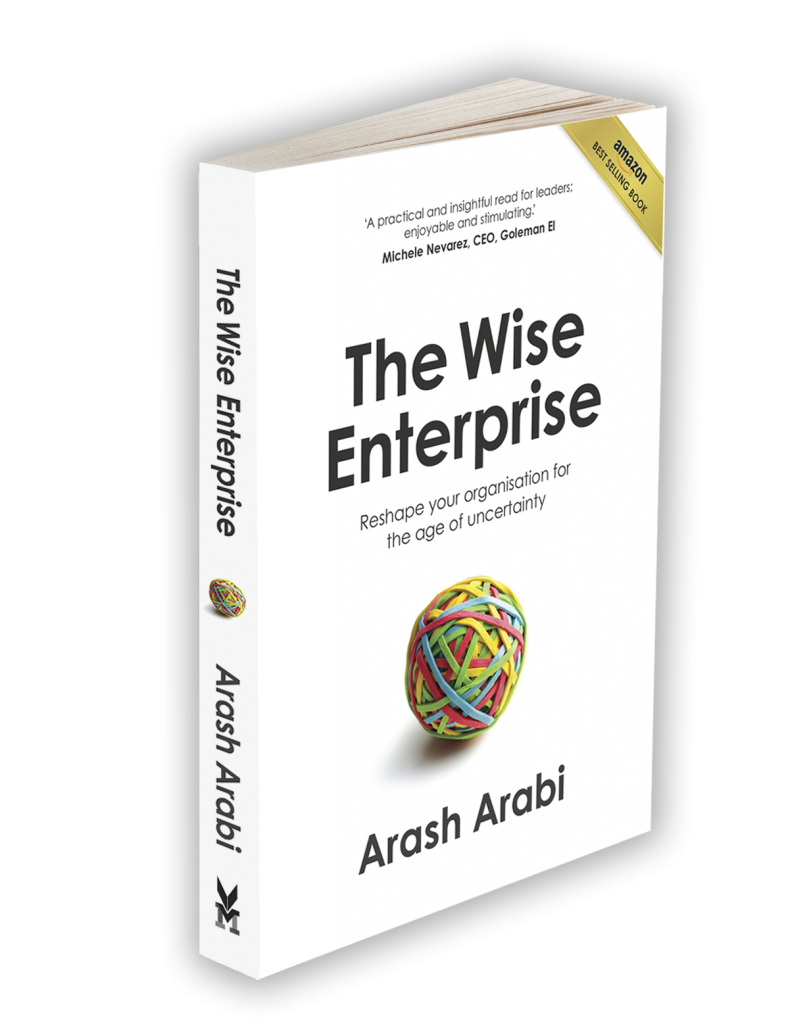Adaptability is defined as one’s ability to adjust to new conditions. Adaptability can manifest itself in different ways. On short timescales an adaptable person can context switch quickly and easily. On long timescales an adaptable person can change their...
Adaptability is defined as one’s ability to adjust to new conditions. Adaptability can manifest itself in different ways. On short timescales an adaptable person can context switch quickly and easily. On long timescales an adaptable person can change their strategic plans quickly and respond to changing conditions. Research suggests that among all social and emotional competencies, adaptability is the strongest predictor of career success, career satisfaction, and life satisfaction.
There are various strategies that can help us become more adaptable. In this article I’ll introduce two strategies that could help increase your adaptability.
1. Mindset shift from focusing on output to outcome
Let’s do a thought experiment together. Let’s imagine you want to swim across a river. You look across the river and pick the location in a straight line on the other side of the river. Your plan is to go there because this is the shortest path. As you start swimming the current of the river is going to take you with it. it would be impossible to reach the original location that you had in mind as you cannot swim faster than the river current. If you try too hard, you’ll get tired or may panic and drown.
The only option is to keep swimming forward accepting that you will not be able to reach your original target across the river. You will eventually end up across the river, but it will be a different location. And that will be fine, because your ultimate goal, the outcome you were after, was crossing the river. Similarly, an adaptable person focuses on the outcome they are after and will be flexible with their outputs. The outputs are “means to an end”. If we remain focused on the “means” it will be difficult to be adaptable.
The outcome is our “why”, and the output is our “what”. The goals we set are typically arbitrary outputs we put in place to achieve our “why”. We come up with these goals based on our best knowledge and the conditions as we experience them at the time of goal setting. Those conditions will change for sure and we will gain more knowledge as we move along, so those goals need to be updated quickly to enable us to achieve our “why”. If we don’t do this and fixate on the goals and outputs, we may lose sight of our “why”.
No doubt, outputs and goals are needed for planning purposes and to think about what we need to deliver to produce the outcomes. But we must be prepared to let them go quickly as things change and come up with new outputs that will serve us best in our new conditions.
2. Reducing stress and doing more aerobic exercises
Hippocampus is a part of our brains that (among other things) plays a pivotal role in making us adaptable. The neurons in hippocampus are very sensitive to cortisol (the stress hormone). When we are under prolonged stress, the function of hippocampus is disrupted, and our adaptability is reduced. In our fast-paced, technology dependent world today, most people are under elevated levels of cortisol throughout the day. So, one of the most effective ways of increasing your adaptability is reducing your stress levels.
Some highly effective strategies to reduce stress are, taking a walk in the nature, petting an animal, playing with children, extending kindness and compassion, and certain types of meditation.

Another highly effective activity is engaging in aerobic exercises. It is believed that Aerobic exercises promote a process called neurogenesis (formation of new brain cells) particularly in the hippocampus area. This in turn promotes more plasticity and flexibility in our brains. Neurogenesis could heal potential damage caused by elevated levels of stress in the hippocampus. And it will likely result in our brains become more flexible in general making us more open and adaptable.
Some examples of aerobic exercises include running, swimming, walking, dancing, and most other cardio workouts.
If you are interested in learning more strategies for becoming an agile, adaptable, and wise person please check out my best selling book The Wise Enterprise: Reshape your organisation for the age of uncertainty.
The Wise Enterprise is available on Amazon in Paperback and Kindle formats.
The post 2 ways to boost your agility and adaptability first appeared on Sprint Agile.


